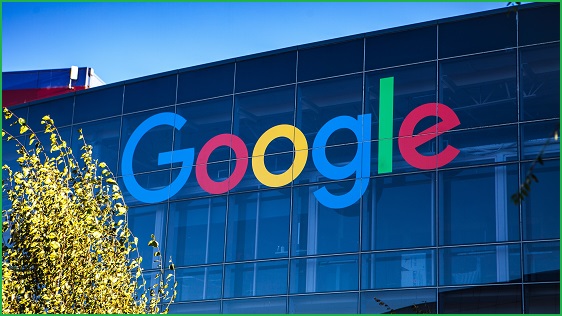Google has been harvesting data from all over the web to show targeted advertisements without informed consent from its users, alleges the Australian Competition and Consumer Commission (ACCC).
The ACCC is taking Google to the Federal Court over changes the tech giant made to its terms of service in June 2016 which it claims did not properly tell users how Google would be aggregating their data.
Google account holders were prompted to ‘agree’ to a notification which alerted them Google was introducing “some optional features” for their accounts, supposedly giving users “more control over the data Google collects and how it’s used”.
The “optional features” Google users were agreeing to was the combining of personal account information with data from third-party sites and apps – previously the two data sets were kept separate.
Having access to wider data gave Google more accurate information about its users which could be sold to advertisers.
Chair of the ACCC, Rod Sims, said Google did not give its users an informed choice about how their data was going to be used.
“Google significantly increased the scope of information it collected about consumers on a personally identifiable basis,” he said.
“This included potentially very sensitive and private information about their activities on third party websites.
“It then used this information to serve up highly targeted advertisements without consumers’ express informed consent.
“The ACCC considers that consumers effectively pay for Google’s services with their data, so this change introduced by Google increased the ‘price’ of Google’s services, without consumers’ knowledge.”
Google denies any claims of misconduct, with a spokesperson telling Information Age that the ad data changes were entirely optional and communicated through "prominent and easy-to-understand notifications".
"If a user did not consent, their experience of our products and services remained unchanged," the Google spokesperson said in a statement.
"We have cooperated with the ACCC’s investigation into this matter. We strongly disagree with their allegations and intend to defend our position.”
You can manage the information Google stores and uses to send personalised ads through the Google Account page, however pausing web and app activity collection will severely limit the functionality of Google smart speaker devices.
This is the second court proceeding the ACCC has brought against Google in recent months after the watchdog vowed to scrutinise powerful US tech giants.
Last October, the competition watchdog took Google to the Federal Court for allegedly lying to Android users about how it stored location data.
In that instance, the ACCC alleged Google did not provide informed consent about how to fully stop the company from storing location data.
Regulators have been cracking down on the likes of Google – especially in the wake of the European General Data Protection Regulation (GDPR) which started being enforced in May 2018.
France whacked Google with an $80 million fine early last year for breaching the regulations, saying the company did not adequately seek informed consent from users for its widespread data gathering – among other complaints.
Still, the likes of Google and Facebook continue to dominate the Australian advertising business by owning much of our search and social media usage, the ACCC found in its long awaited Digital Platforms Inquiry that was handed down last year.
The ACCC estimated that for every $100 spent on online advertising, around $47 goes to Google and $24 goes to Facebook.
Combined with a decline in local advertising spending due to the coronavirus, the market dominance of Silicon Valley has contributed to the devastation of local media companies with newsrooms shutting down and hundreds of media jobs disappearing around the country as a result of declining revenues.










